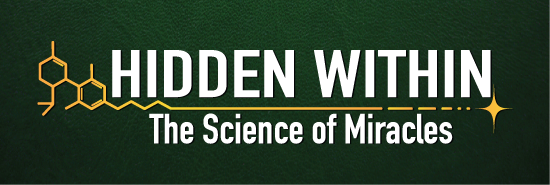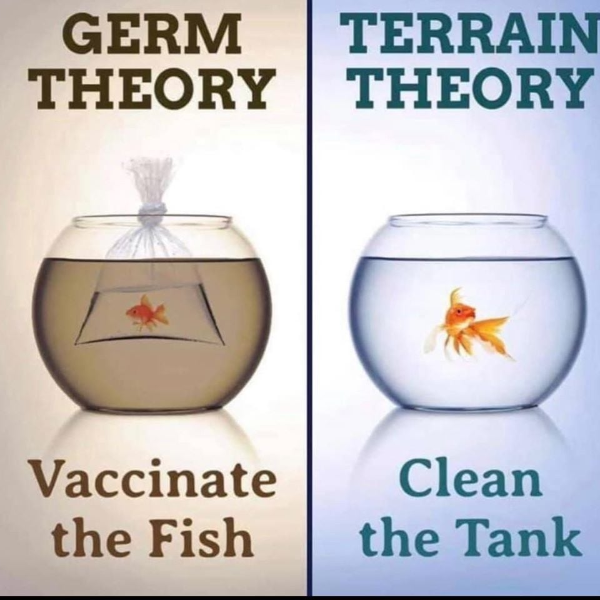One Article Two Posts
Astounding News
about Aspirin and Cancer
The evidence for taking aspirin to prevent cancer has been building for decades. The US Preventive Task Force advises people in their 50s to take low-dose aspirin to prevent colorectal cancer.
But can we really trust this recommendation? My readers know that drugs are always a last resort, as far as I’m concerned, and taking an anti-inflammatory drug (NSAID) every day for life sounds especially dangerous.
Let’s take a close look to see if aspirin really works to prevent colorectal cancer -- or any cancer at all. . .
Aspirin does cut colorectal cancer deaths by 40%
In 2014, research led by Professor Jack Cuzick, head of the Center for Cancer Prevention at Queen Mary University of London, studied low-dose aspirin as a preventive for colorectal cancer.
Professor Cuzick found low-dose aspirin does prevent this type of cancer. At the end of his research he concluded that if men and women aged 50 to 64 took low-dose aspirin every day for ten years it would cut the incidence of colorectal cancer by 35 percent and reduce deaths from colorectal cancer by 40 percent. He published his study in the journal
Annals of Oncology.
Aspirin reduces risk of other cancers, too
During this study Professor Cuzick looked at aspirin’s effects on preventing other cancers as well. He found similar reductions in cancer occurrence in the same 50 to 64 aged group, taking the same low-dose aspirin every day for ten years.
For example, taking low-dose aspirin cut the incidence of esophageal cancers by 30 percent, and esophageal cancer deaths by 50 percent; cut the incidence of stomach cancers by 30 percent and stomach cancer deaths by 35 percent; reduced the incidence of lung cancer five percent and lung cancer deaths by 15 percent; reduced the incidence of breast and prostate cancers by ten percent and deaths by breast and prostate cancer five and ten percent respectively.
These findings are significant and led Professor Cuzick to proclaim that taking aspirin "looks to be the most important thing we can do to reduce cancer after stopping smoking and reducing obesity...My personal advice would be that everyone 50 to 64 should consider taking aspirin."1
It sounds like a slam dunk, but actually there are some problems with taking aspirin daily. I’ll get to those in a moment. First, let’s allow the advocates finish making their case. . .
Other researchers have found similar results…
In 2017 the largest study yet undertaken -- involving 600,000 people -- found that taking aspirin every day for seven years on average lowered the risk of developing a range of cancers. The effect was especially strong for cancers within the digestive tract.2
Another study that also included 600,000 people was published in the
International Journal of Cancer in July this year. It found aspirin users compared to non-users had a significant reduction in cancers of the liver, stomach, colorectum, lung, pancreas, esophagus and for leukemia.3
In addition, the research shows aspirin can also help people who already have cancer.
Aspirin reduces cancer patient’s risk of death by 37%
In 2012, two papers published in the
Lancet suggested that low-dose aspirin could be effective in improving outcomes in cancer patients.
The first paper analyzed data from 51 randomized clinical trials. Daily low doses of aspirin reduced the risk of death from cancer by 15 percent. This reduction in risk improved over time, reaching 37 percent for those on aspirin for five years and more.
Plus, low-dose aspirin appeared to reduce the incidence of new cancers in patients who already had cancer. After only three years taking low-dose aspirin, the incidence of new cancers dropped by 23 percent in men and 25 percent in women.
The second paper collected data on five large randomized trials to see if aspirin had any effect on the spread, or metastasis, of cancer to other organs—and it did.
Aspirin reduces the spread of certain cancers by 36%
In this research, aspirin reduced the risk of cancer metastasis by 36 percent over six-and-a-half-years on average.
Professor Peter Rothwell of the University of Oxford, England, led the research, saying, "In terms of preventing spread of cancer, the data suggest that the effect is largest in adenocarcinomas. These include cancers of the gut, particularly colorectal cancer, some cancers of the lung and most cancers of the breast and prostate.
"In terms of preventing the longer-term development of new cancers, the largest reductions are seen in risk of colorectal cancer and esophageal cancer, with smaller effects on several other common cancers."4
A later review from researchers at Cardiff University, Wales, in which aspirin was included in cancer treatment, concluded that "Reductions in mortality are shown in colon cancer, probably in prostate cancer and possibly in breast, and individual studies of several other cancers also suggest benefit."5
Even pharmaceutical companies are betting on aspirin’s anti-cancer benefits.
http://links.cancerdefeated.com/a/2...8174/b9540c2daefda921a581c3a33476277f8e98abc1






, it's slowly gettin back to to what I call normal, today I can almost make out this size letters with it and my glasses on. I've been worried about you lately my friend

 I’ll be okay, it’s probably something I picked up eating in the City. I felt bad when I got home, like a sore throat was coming on. I ate at a “natural” place with my step mom. Yuch. I had a chicken salad, maybe that was it.
I’ll be okay, it’s probably something I picked up eating in the City. I felt bad when I got home, like a sore throat was coming on. I ate at a “natural” place with my step mom. Yuch. I had a chicken salad, maybe that was it. 



I’ll be okay, it’s probably something I picked up eating in the City. I felt bad when I got home, like a sore throat was coming on. I ate at a “natural” place with my step mom. Yuch. I had a chicken salad, maybe that was it.

 , I hope that is all it is
, I hope that is all it is and that chicken salad sounds like a good candidate for food poisoning
and that chicken salad sounds like a good candidate for food poisoning

